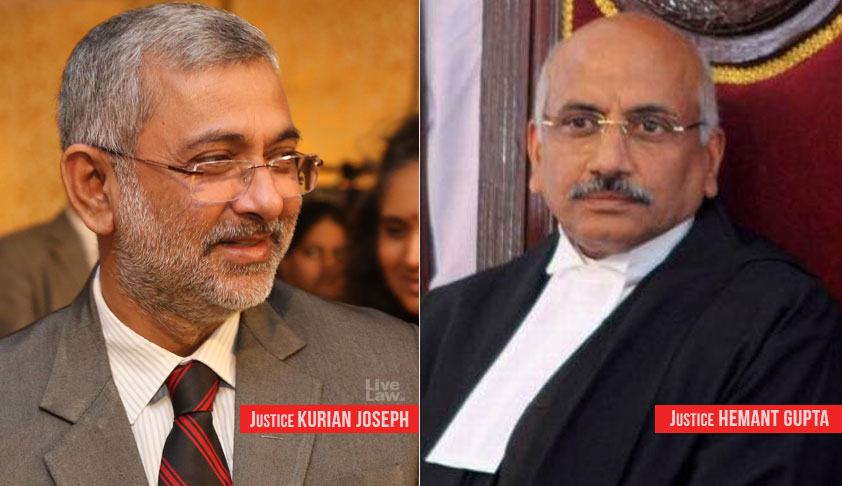Keep In Mind That You Are Parents Of Your Child Forever, SC Tells Couple While Granting Divorce
ashok kini
28 Nov 2018 3:53 PM IST

Next Story
28 Nov 2018 3:53 PM IST
“The child is entitled to the love and affection, protection and guidance of both the parents and their families. The child also has a duty to respect, love and reciprocate the love and affection from both the parents and their families.”While allowing a married couple to ‘part as friends’, the Supreme Court bench headed by Justice Kurian Joseph reminded them about the duty towards...
